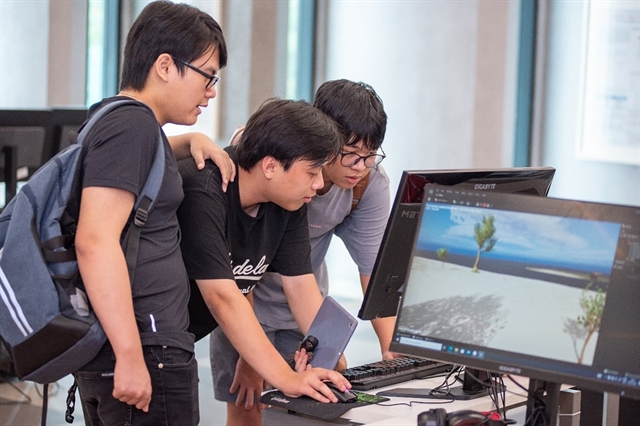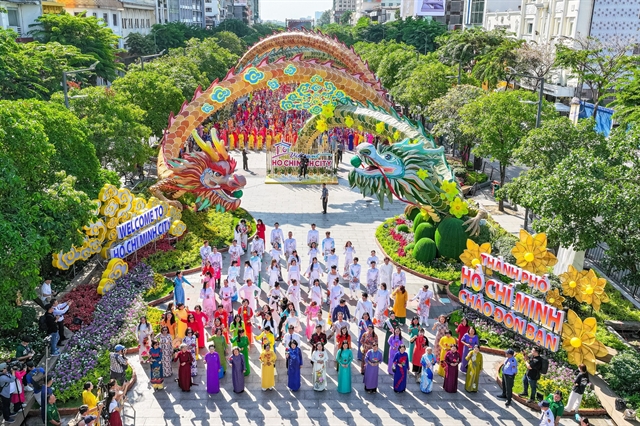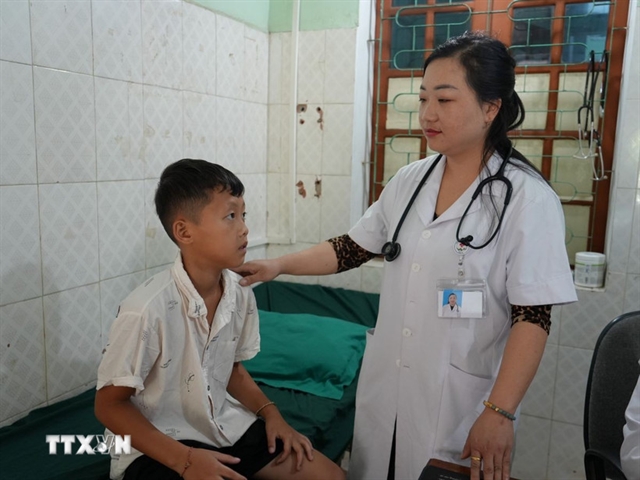 Society
Society
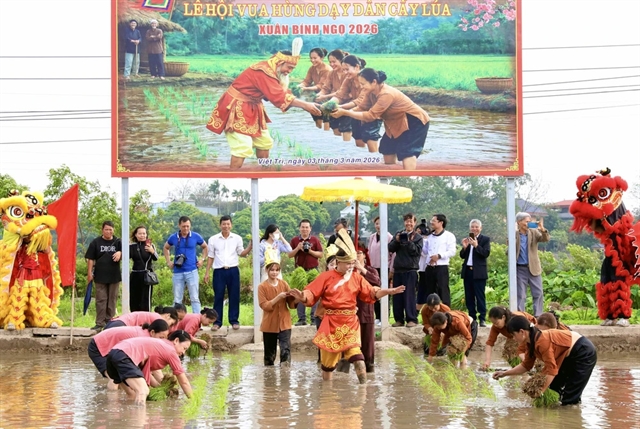
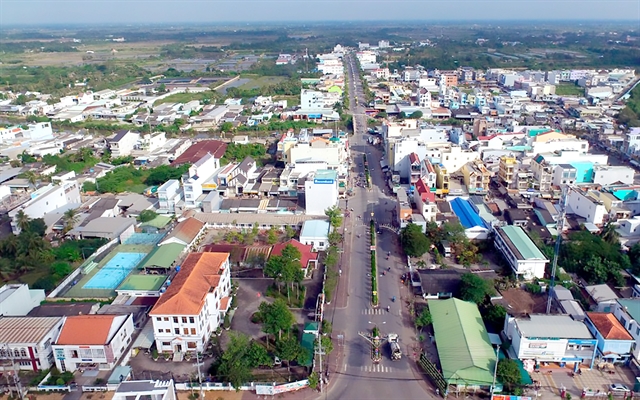 |
| Sóc Trăng Province in 2023 mobilised over VNĐ19 billion, and built 128 houses, 36 rural bridges and many rural roads. — Photo dantocmiennui.vn |
SÓC TRĂNG — The southern province of Sóc Trăng continues to build more roads and improve transportation infrastructure where Khmer ethnic people live.
Sóc Trăng is a locality where ethnic minority people account for over 35 per cent of the population, and of which over 30 per cent are Khmer people.
Mỹ Tú is a remote district of Sóc Trăng Province with low economic and social conditions, and many limitations in infrastructure.
By the end of 2023, the poverty rate accounted for about 6 per cent of the population, which was nearly 1,000 poor households.
According to Phạm Tuân, secretary of the Mỹ Tú District Party Committee, local authorities have determined that ensuring social security is a task that goes hand in hand with economic and social development, which brings stability to people's lives.
In line with this direction, the district Party Committee has focused on directing the acceleration of economic and social development tasks, caring for the poor and mobilising various social resources to build rural transportation infrastructure in order to step-by-step improve the material and spiritual lives of the people.
Tuân added that the locality last year mobilised over VNĐ19 billion, and built 128 houses, 36 rural bridges and many rural roads.
During holidays and Lunar New Year (Tết), the district also received and distributed over 6,000 gifts to beneficiaries such as poor households, near-poor households and those facing difficult circumstances.
In recent days, Khmer people in Tà Ân B Hamlet in Mỹ Tú District were excited to put into use the Đại Đoàn Kết 3 Bridge, which is 24 metres long and three metres wide, with a total construction cost of VNĐ250 million.
Triệu Sươl, who is from the hamlet, shared that before the bridge was built, people had to take a detour to go to the market and transport the sick, while children had difficulties going to school.
With the completion of the bridge, their children can go to school more conveniently.
Mobilising resources
Chairman of the People's Committee of Thạnh Trị District in Sóc Trăng Province Lê Thanh Chúc stated that the district in 2023 mobilised over VNĐ38 billion to build rural transportation infrastructure.
Mobilising resources from the people and enterprises helps the locality build the new rural area.
Currently, the entire district has eight communes meeting the criteria for new rural areas and one commune meeting advanced new rural area standards, while striving to complete the task of building new rural areas by 2025.
Venerable Thích Định Hương, abbot of Vĩnh Phước Pagoda in the district, shared that as some rural areas still face difficulties in transportation due to numerous canals, Buddhists from both inside and outside the province have gathered to help build rural bridges.
Over the past five years, Venerable Thích Định Hương has mobilised benevolent individuals, Buddhists from near and far, and local authorities to contribute funds to build over 70 rural transportation bridges, with a total cost of over VNĐ17.5 billion.
About 4,000 metres of rural roads were built, 8,000 gifts was delivered to poor households, four charity houses and dozens of clean water sources for needy households have been prepared as well, Venerable Thích Định Hương said.
Venerable Thích Định Hương mentioned that they are currently implementing the construction of three more bridges in Thạnh Trị District and Ngã Năm Town, with a total cost of nearly VNĐ800 million.
Between 2020 and 2024, Sóc Trăng Province has built nearly 200 rural bridges and tens of kilometres of rural roads in extremely difficult areas where Khmer ethnic people live, at a total cost of nearly VNĐ60 billion.
These activities have gradually contributed to improving rural infrastructure, ensuring living conditions and promoting the development of trade for Khmer ethnic people in particular and the people of Sóc Trăng Province in general. — VNS

